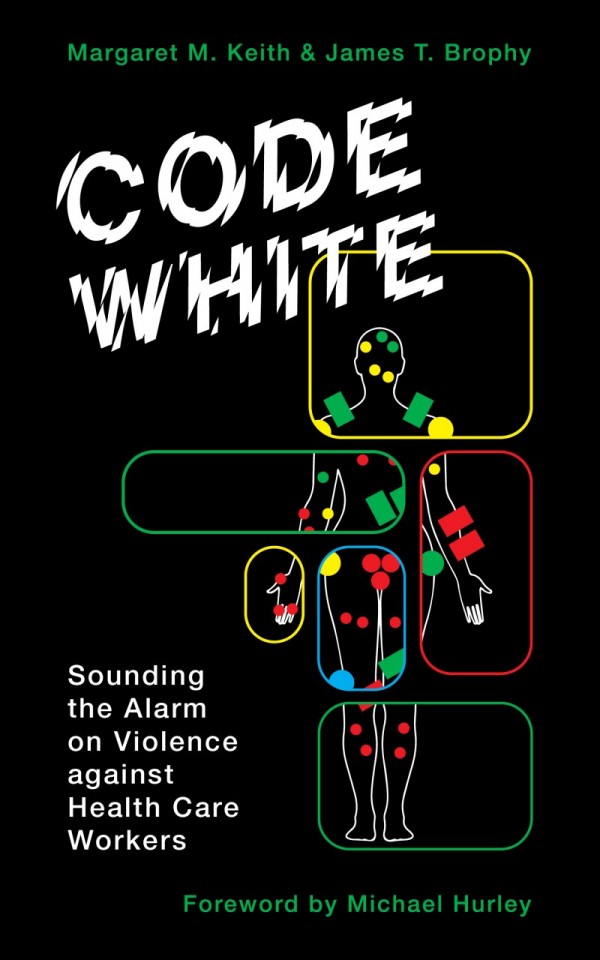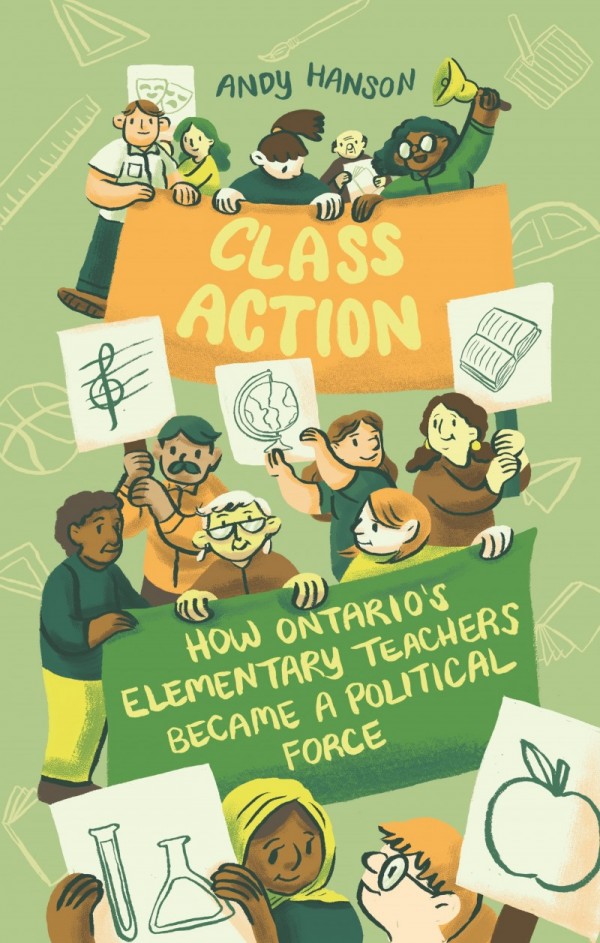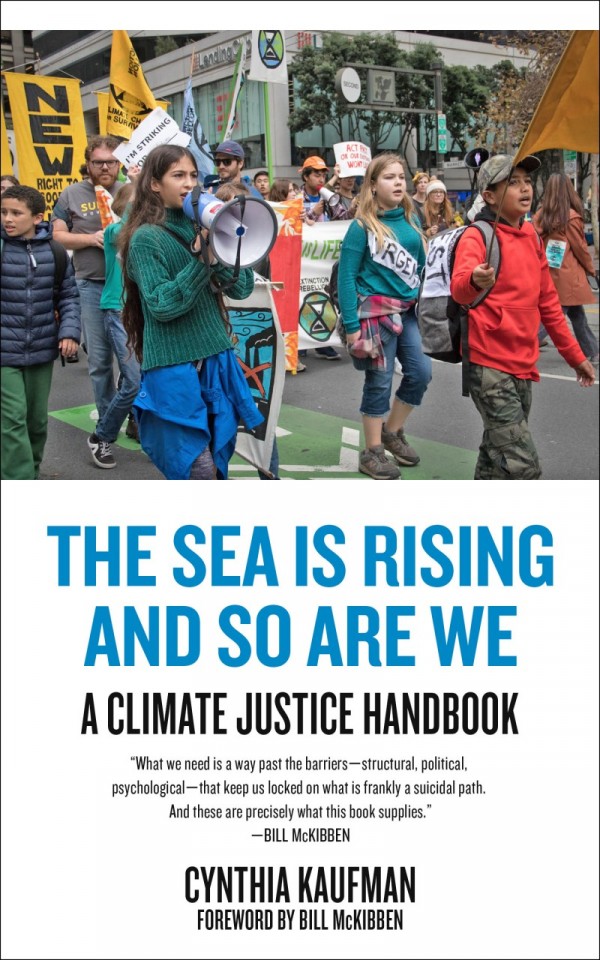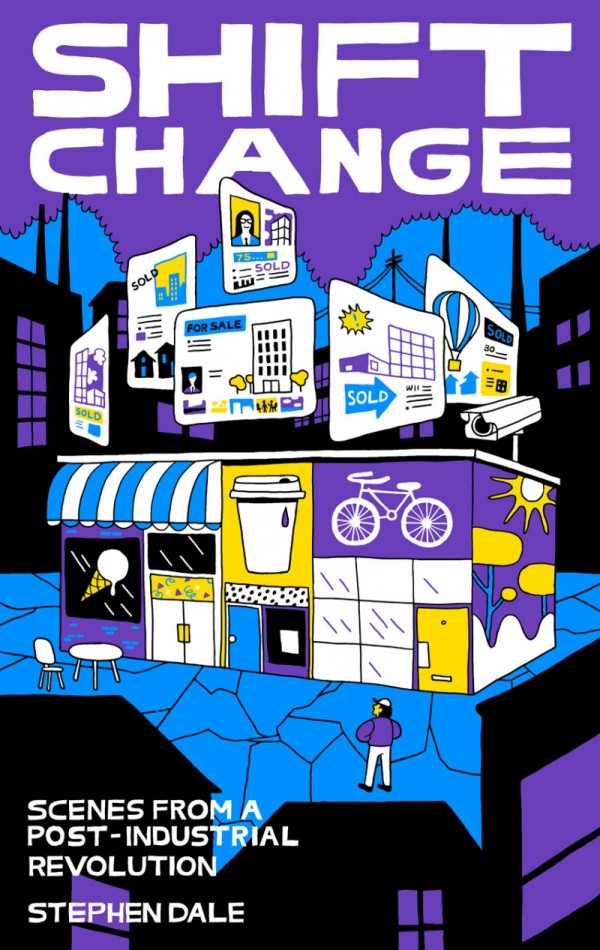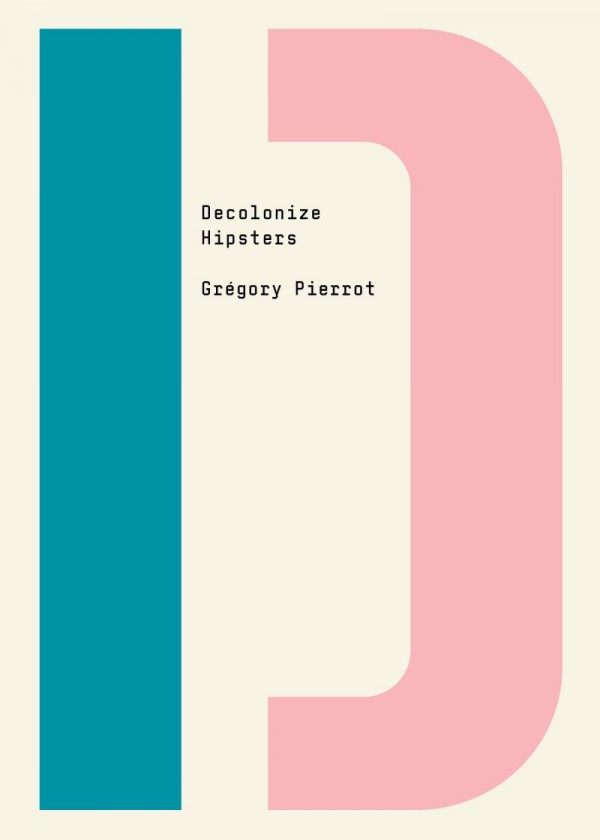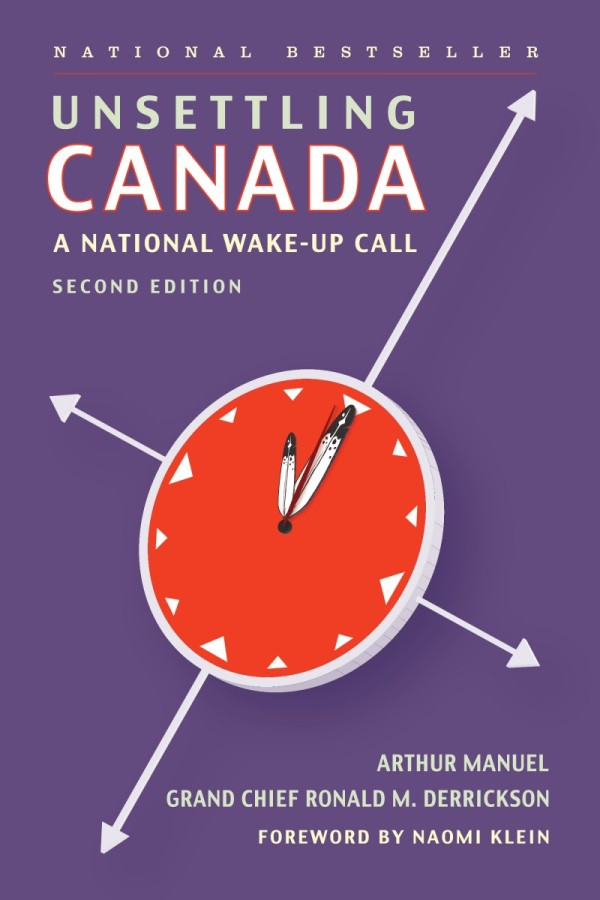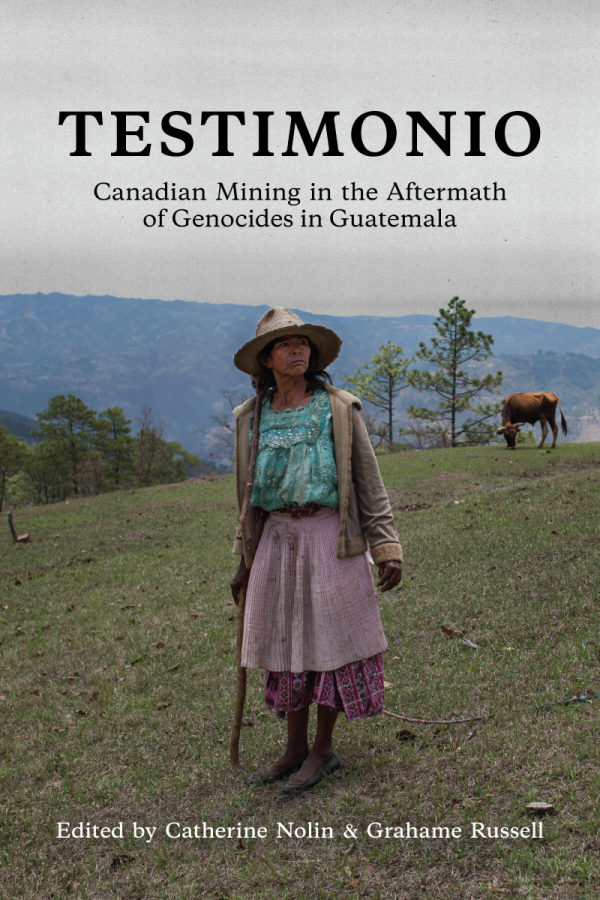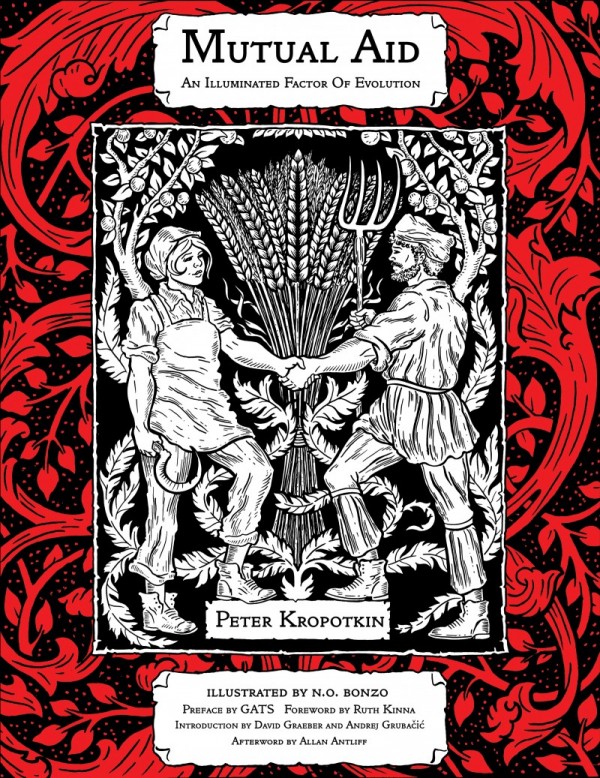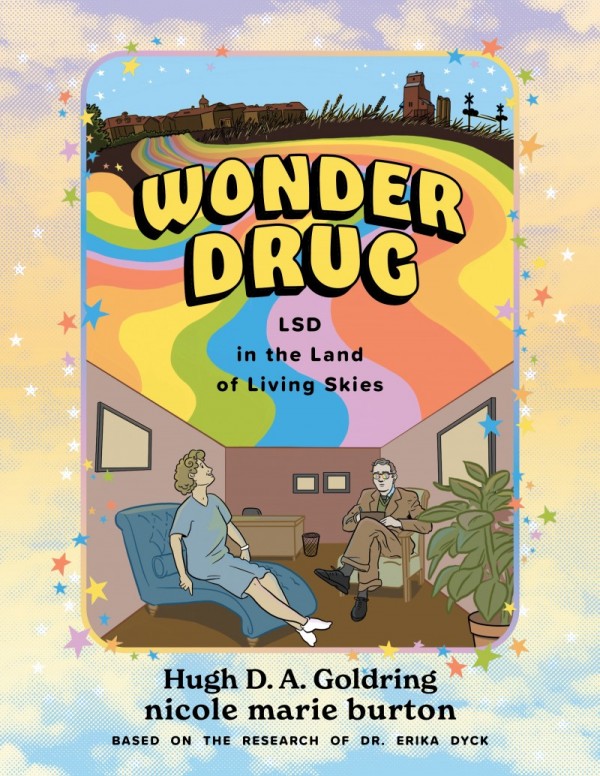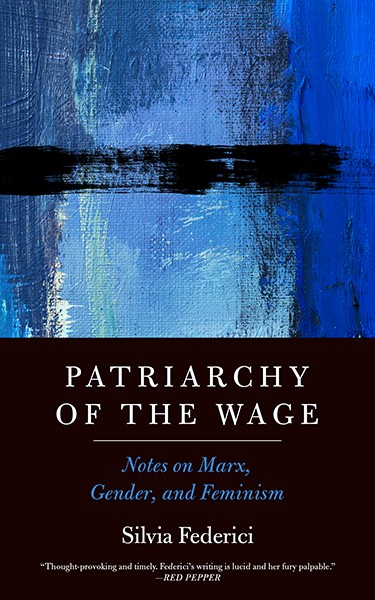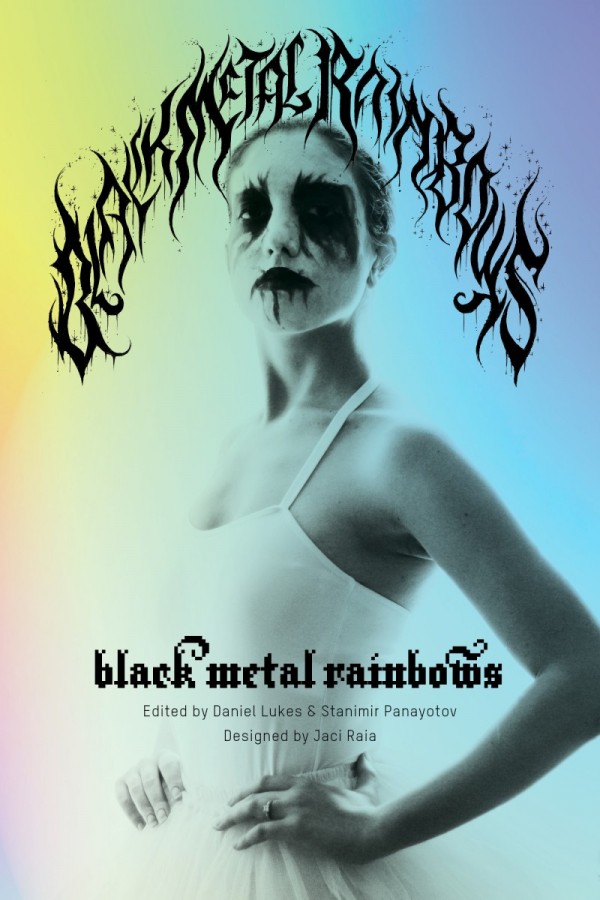Our Fall 2021 catalogue is live!
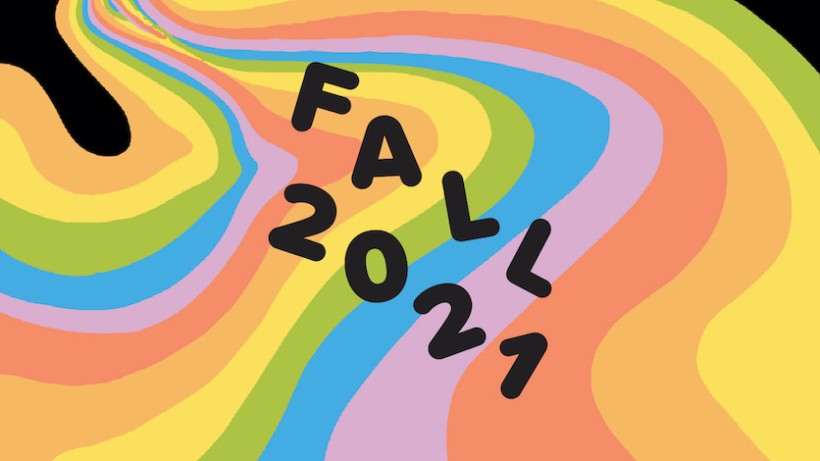
Art adapted from nicole marie burton's illustrations in Wonder Drug.
When health care workers call a Code White, it’s an emergency response for a violent incident: a call for help. But it’s one that goes unanswered in hospitals, clinics, and long-term care homes across the country. Code White exposes a shocking epidemic of violence that’s hidden in plain sight, one in which workers are bruised, battered, assaulted, and demeaned, but carry on in silence, with little recourse or support.
Researchers Margaret M. Keith and James T. Brophy lay bare the stories of over one hundred nurses and personal support workers, aides and porters, clerical workers and cleaners. The nightmarish experiences they relate are not one-off incidents, but symptoms of deep systemic flaws that have transformed health care into one of the most dangerous occupational sectors in Canada.
In this inspiring history of a union, labour historian Andy Hanson delves deep into the Elementary Teachers’ Federation of Ontario (ETFO) and how it evolved from two deeply divided unions to one of the province’s most united and powerful voices for educators.
Today’s teacher is under constant pressure to raise students’ test scores, while the rise of neoliberalism in Canada has systematically stripped our education system of funding and support. But educators have been fighting back with decades of fierce labour action, from a landmark province-wide strike in the 1970s, to record-breaking front-line organizing against the Harris government and the Common Sense Revolution, to present-day picket lines and bargaining tables.
The Sea is Rising and So Are We: A Climate Justice Handbook is an invitation to get involved in the movement to build a just and sustainable world in the face of the most urgent challenge our species has ever faced. By explaining the entrenched forces that are preventing rapid action, it helps you understand the nature of the political reality we are facing and arms you with the tools you need to overcome them.
A rare kind of book, at once a primer for activists and an astute commentary on a set of critical topics that even a seasoned climate stalwart could benefit from. It takes on some really tough questions—transformational change, how to talk about the emergency, the need for a specifically global politics of climate justice—and it does in a manner that is both simple and sophisticated.
– Tom Athanasiou, author of Dead Heat: Global Justice and Global Warming
Hamilton’s industrial age is over. In the steel capital of Canada, there are no more skies lit red by foundries at sunset, no more traffic jams at shift change. Instead, an urban renaissance is taking shape. But who wins and who loses in the city’s not-too-distant future? Is it possible to lift a downtrodden, post-industrial city out of poverty in a way that benefits people across the social spectrum, not just a wealthy elite?
In Shift Change, author Stephen Dale sets up “the Hammer” as a battlefield, a laboratory, a chessboard. As investors cash in on a real estate gold rush and the all-too-familiar wheels of gentrification begin to turn, there’s still a rare opportunity for both old-guard and newcomer Hamiltonians to come together and write a different story—one in which Steeltown becomes an economically diverse and inclusive urban centre for all.
Few urban critters are more reviled than the hipster. They are notoriously difficult to define, and yet we know one when we see one. No wonder: they were among the global cultural phenomena that ushered in the 21st century. They have become a bulwark of mainstream culture, cultural commodity, status, butt of all jokes and ready-made meme. In Decolonize Hipsters, Grégory Pierrot gives us a field guide to the phenomenon, a symptom and vanguard of the wave of aggressive white supremacist sentiment now oozing from around the globe.
Grégory Pierrot’s fiercely illuminating short book dissects the political complacency and racial delusions of hipsterism, but it does so with a verve, swagger and irreverence.
– Adam Shatz, editor of Prophets Outcast
A Canadian bestseller and winner of the 2016 Canadian Historical Association Aboriginal History Book Prize, Unsettling Canada is a landmark text built on a unique collaboration between two First Nations leaders. This vital second edition features a foreword by award-winning activist Naomi Klein and an all-new chapter co-authored by law professor Nicole Schabus and Manuel’s son, Ska7cis, honouring the multi-generational legacy of the Manuel family’s work.
Written by one of our most respected and incisive leaders and thinkers, this is a must-read for anyone serious about radically transforming the colonial relationship between Indigenous nations and the Canadian state.
– Glen Coulthard, University of British Columbia, author of Red Skin, White Masks: Rejecting the Colonial Politics of Recognition
What is land? A resource to be exploited? A commodity to be traded? A home to cherish? In Guatemala, a country still reeling from thirty-six years of US-backed state repression and genocides, dominant Canadian mining interests cash in on the transformation of land into “property,” while those responsible act with near-total impunity.
Editors Catherine Nolin and Grahame Russell draw on over thirty years of community-based research and direct community support work in Guatemala to expose the ruthless state machinery that benefits the Canadian mining industry—a staggeringly profitable juggernaut of exploitation, sanctioned and supported every step of the way by the Canadian government.
One hundred years after his death, Peter Kropotkin is still one of the most inspirational figures of the anarchist movement. An admirer of Darwin, he used his observations of life in Siberia as the basis for his 1902 collection of essays Mutual Aid: A Factor of Evolution. Every page of this new edition of Mutual Aid has been beautifully illustrated by one of anarchism’s most celebrated current artists, N.O. Bonzo. The reader will also enjoy original artwork by GATS and insightful commentary by David Graeber, Ruth Kinna, Andrej Grubacic, and Allan Antliff.
N.O. Bonzo has created a rare document, updating Kropotkin’s anarchist classic Mutual Aid by intertwining compelling imagery with an updated text. Filled with illustrious examples, their art gives the words and histories, past and present, resonance for new generations to seed flowers of cooperation to push through the concrete of resistance to show liberatory possibilities for collective futures.
– scott crow, author of Black Flags and Windmills and Setting Sights
Could it be that the most remote frontiers of twenty-first-century exploration lie inside the human mind? Illustrated in kaleidoscopic full colour, Wonder Drug is the graphic history of a controversial and little-known medical research project carried out in the Canadian prairies—one that championed LSD as a way to model schizophrenia and cure ailments from alcoholism to depression.
Spanning the decades from the 1950s to present day, this captivating story follows Anglo-Canadian psychiatrist Dr. Humphry Osmond down the rabbit hole of psychedelic research, conducted both in the lab and in his living room. Lurching from dazzling imagery to fanged delusions, and studded with a cast of radical personalities such as Aldous Huxley, Allen Ginsberg, Ken Kesey, and Kay Parley, Wonder Drug is a trip like no other.
Silvia Federici, best-selling author and the most important Marxist feminist of our time, asks why Marx and the Marxist tradition were so crucial in their denunciation of capitalism’s exploitation of human labour and blind to women’s work and struggle on the terrain of social reproduction. Why was Marx unable to anticipate the profound transformations in the proletarian family that took place at the turn of the nineteenth century, creating a new patriarchal regime?
In this fiery collection of penetrating essays published here for the first time, Federici carefully examines these questions and in the process has provided an expansive redefinition of work, class, and class-gender relations.
This unique volume envisions black metal as always already open, inclusive, and unlimited: a musical genre whose vital spirit of total antagonism rebels against the forces of political conservatism. Beyond its clichés of grimness, nihilism, reaction, and signature black/white corpse-paint sneer, black metal today is a vibrant and revolutionary paradigm. This book reveals its ludic, carnival worlds animated by spirits of joy and celebration, community and care, queerness and camp, LGBTQI+ identities and antifascist, antiracist, and left-wing politics.
This delicious book is a beacon of black light that shows the wonders which occur when the atrophied figure of the dominant human undergoes putrefaction and emerges from the crypt in glittering cerecloth. An absolute joy to read.
– Patricia MacCormack, author of The Ahuman Manifesto

